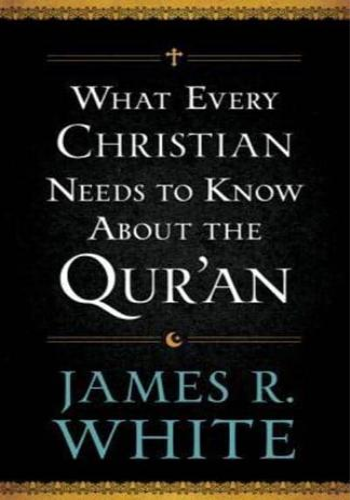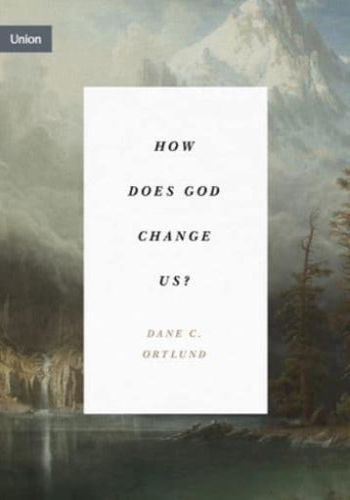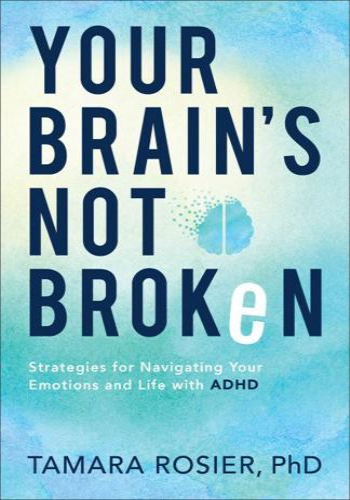Chapter 1: Introduction
This chapter serves as an introduction to the book and lays out the purpose and goals of the author, James White. The main objective of the book is to provide Christians with a better understanding of the Qur'an, the holy book of Islam, and to equip them with the knowledge and tools to engage in meaningful dialogue with Muslims. White emphasizes the importance of understanding the Qur'an in order to effectively communicate the Christian faith to Muslims.
Example: A church in a predominantly Muslim community has been holding interfaith events in an effort to build relationships with their Muslim neighbors. However, during these events, many Christians struggle to engage in meaningful conversation about their faith with Muslims, especially when it comes to discussing the Qur'an. Some are even unsure of what the Qur'an is and why it is important to Muslims. This lack of knowledge and understanding can hinder the growth of these relationships and the sharing of the Christian faith.
Chapter 2: The Qur'an in Muslim Theology and Practice
In this chapter, White explains the central role of the Qur'an in Islam and its importance in the daily lives of Muslims. He delves into the theological implications of the belief in the Qur'an as the literal and uncreated word of God and how it shapes the understanding of God among Muslims. White also discusses the impact of the Qur'an on the practices and rituals of Muslims, such as recitation and memorization of verses.
Example: A Christian missionary working in a Muslim-majority country has been engaging in dialogue with a local imam. The imam has repeatedly stated that the Qur'an is the literal word of God and cannot be questioned or interpreted differently. The missionary, who has limited knowledge of the Qur'an, struggles to understand this belief and how it affects the imam's understanding of God. Reading this chapter would help the missionary gain a better understanding of the central role of the Qur'an in Islam and how it influences the beliefs and practices of Muslims.
Chapter 3: The Qur'an in History
This chapter provides a brief history of the Qur'an and how it came to be compiled into its current form. White discusses the role of Muhammad in the revelation of the Qur'an and how the oral tradition played a part in its preservation. He also addresses the theories and controversies surrounding the compilation of the Qur'an in the 7th century.
Example: A Christian student studying Middle Eastern history is interested in learning more about the origins and compilation of the Qur'an. The student has encountered conflicting information from various sources and wants to gain a better understanding. This chapter provides a concise overview of the history of the Qur'an and clears up any misconceptions or misinformation the student may have encountered.
Chapter 4: The Qur'an's Text
In this chapter, White delves into the structure and composition of the Qur'an. He discusses its poetic style and its use of repetition, as well as the divisions of chapters (suras) and verses. White also talks about the different versions of the Qur'an and how the standard version used by most Muslims today came to be.
Example: A group Bible study focusing on evangelizing to Muslims is struggling to understand the structure and poetic style of the Qur'an. They have found it challenging to engage in meaningful conversations about specific verses with their Muslim friends without a better understanding of the Qur'an's text. This chapter provides useful information about the composition of the Qur'an and helps the group gain a deeper understanding of its structure and style.
Chapter 5: The Qur'an's Composition and Preservation
In this chapter, White discusses the challenges and controversies surrounding the compilation and preservation of the Qur'an. He addresses the discrepancies among early Qur'anic manuscripts and the potential for changes to the text. White also delves into the Islamic belief in the miraculous preservation of the Qur'an and how this belief affects the understanding of its authority among Muslims.
Example: A Christian apologist is invited to a debate with a Muslim scholar on the topic of the reliability of the Qur'an. The apologist has extensively studied the Bible's reliability but is unsure of where to begin with the Qur'an. This chapter provides valuable information about the historical challenges and controversies surrounding the compilation and preservation of the Qur'an, which the apologist can use as evidence in the debate.
Chapter 6: The Qur'an and the Trinity
In this chapter, White examines the Islamic understanding of the Trinity and how it differs from the Christian belief. He explores the Qur'anic verses that reject the Trinity and discusses the impact of this rejection on interfaith dialogue between Christians and Muslims. White also addresses common misconceptions about the Trinity held by Muslims and how to effectively respond to them.
Example: A Christian college student is struggling to explain the concept of the Trinity to a Muslim friend. The friend has cited Qur'anic verses that reject the belief in the Trinity, causing confusion and tension in their conversations. After reading this chapter, the student gains a better understanding of the Islamic rejection of the Trinity and is equipped with strategies for having meaningful discussions with their Muslim friend.
Chapter 7: The Qur'an and Jesus
In this chapter, White examines the Qur'anic teachings about Jesus and compares them to the biblical accounts. He explores the Islamic belief in Jesus as a prophet but not the Son of God and discusses the implications of this belief on interfaith discussions about Jesus. White also addresses the Qur'anic denial of Jesus' death on the cross and its significance in the Christian faith.
Example: A Christian apologetics team is preparing for a debate on the topic of Jesus' identity with a Muslim apologist. The Muslim apologist has stated that Jesus is only considered a prophet in Islam and denies his divinity and death on the cross. The team reads this chapter to gain a better understanding of the Islamic beliefs about Jesus and how to respond to them from a Christian perspective. This chapter helps them address common challenges and objections to the Christian belief in Jesus' identity.
Overall, the book "What Every Christian Needs to Know About the Qur'an" provides valuable insight and understanding of the Qur'an that can benefit Christians in engaging in meaningful dialogue with Muslims. Each chapter offers real-life examples that demonstrate the relevance of the information and the importance of having a deeper understanding of the Qur'an. By equipping Christians with knowledge about the Qur'an, White's book encourages respectful and productive discussions between Christians and Muslims, leading to a greater understanding of each other's faiths.







